Elon Musk is threatening legal action against Canada after Tesla faced scrutiny for suspicious rebate claims under a federal EV program.
Tesla is preparing to sue the Canadian government, claiming an unfair freeze on EV tax incentives, further straining its already tense relationship with Ottawa.
The dispute began with a recent suspension of the federal Incentives for Zero-Emission Vehicles (iZEV) program.
Tesla claims the pause has cost the company tens of millions in lost rebates.
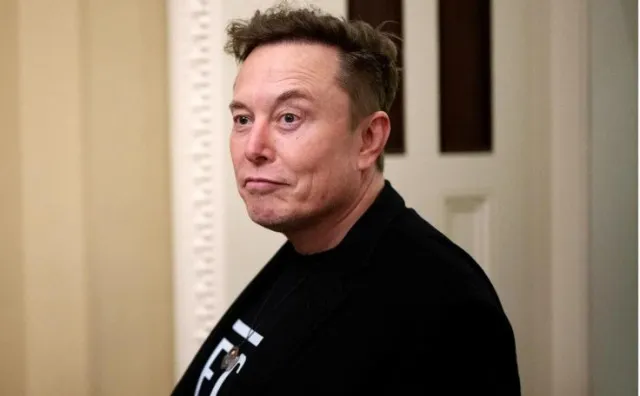
Last-minute Tesla claims raised government concerns.
In the final days before the iZEV program was halted in January 2025, Tesla reportedly submitted an unusually large number of rebate claims.
According to the Toronto Star, more than 8,600 applications were filed within a 72-hour period, totaling approximately CAD $43 million (USD $30.9 million).
These submissions accounted for about 60 percent of the remaining program budget and raised concerns within Transport Canada.
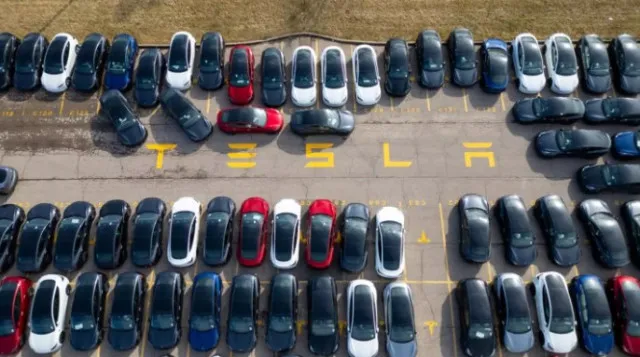
What particularly stood out was that a significant portion of these claims originated from only four dealership locations.
One Quebec City showroom reportedly processed 4,000 eligible vehicle sales in a single weekend.
This sudden surge raised concerns about its legitimacy.
Political fallout further escalated the ongoing conflict.
The controversy over the rebate claims comes at a time when Tesla’s relationship with Canada is already under strain.
Elon Musk aligned himself with former U.S. President Donald Trump during a period of trade tension.
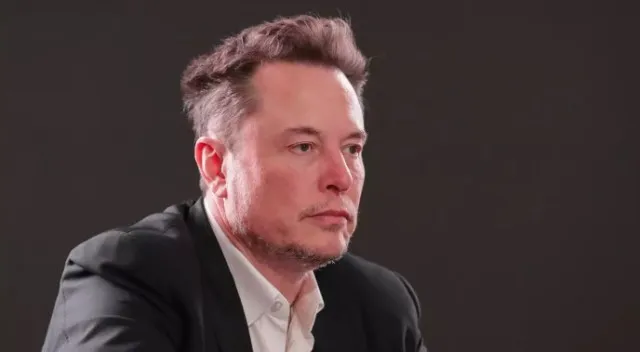
In response, Ontario Premier Doug Ford canceled a $100 million contract with Musk’s Starlink satellite company.
Public opinion hasn’t been kind either. Over 250,000 Canadians signed a petition seeking to revoke Musk’s Canadian citizenship.
Though symbolic, it emphasized growing unease with Musk’s activities in Canada.
Canada government has halted payments pending a full investigation.
Canada’s current Transport Minister, Chrystia Freeland, who took over the post from Anita Anand, quickly ordered a freeze on all Tesla-related iZEV payments.
Freeland paused payments due to concerns over claim volume and timing, directing her department to verify the legitimacy of each submission before further payments.
“No payments will be made until we are confident that the claims are valid,” Freeland said in a statement.
She also suggested that as long as U.S. tariffs deemed “illegitimate and illegal” remain on Canadian goods, Tesla could face exclusion from future incentives.
This could result in Tesla being excluded altogether from the program.
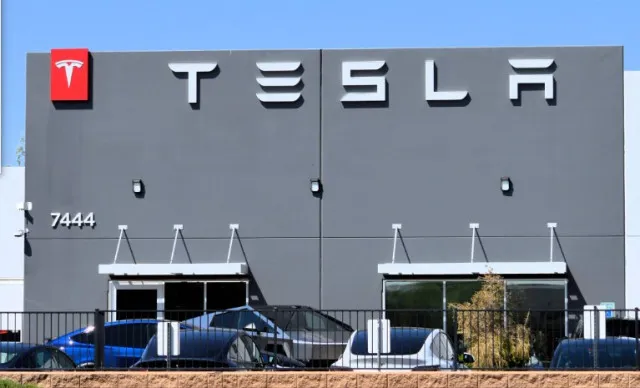
Elon Musk plans legal action against Canada after Tesla made ‘suspicious’ claims for rebate program
In a formal letter addressed to the Canadian government, Tesla Canada’s Director of Sales and Service, Fereshteh Zeineddin, insisted that the company has fully complied with all aspects of the program.
The letter argued that withholding payments is unwarranted and urged the federal government to resume disbursements immediately.
“Tesla reserves all rights to seek appropriate remedies in the event we cannot consensually resolve this dispute,” the letter stated, signaling that the company may be preparing for a legal confrontation if negotiations fail.
If Tesla proceeds with a lawsuit, it will need to show that its rebate claims meet the iZEV program’s eligibility criteria.
This is especially important regarding the timing of vehicle deliveries.
Previous court cases on post-delivery rebates have had inconsistent outcomes, increasing uncertainty in the dispute.
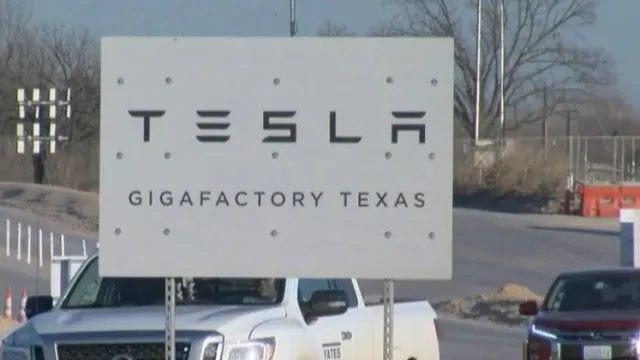
Canada reviews rules amid ongoing industry scrutiny
With scrutiny intensifying, both current and former officials are calling for greater transparency.
Former minister Anand also demanded detailed explanations from the department overseeing the rebate program.
The Canadian Automobile Dealers Association has been looped in for consultation as well.
As the situation develops, Tesla must weigh its legal options against the backdrop of growing political resistance and public skepticism.
Meanwhile, Canada is reassessing how its clean vehicle initiatives are managed—especially when billions in subsidies are at stake.